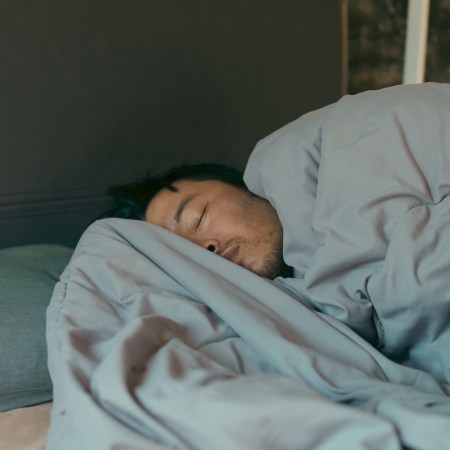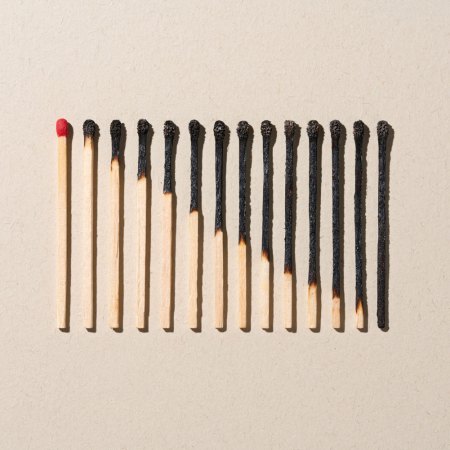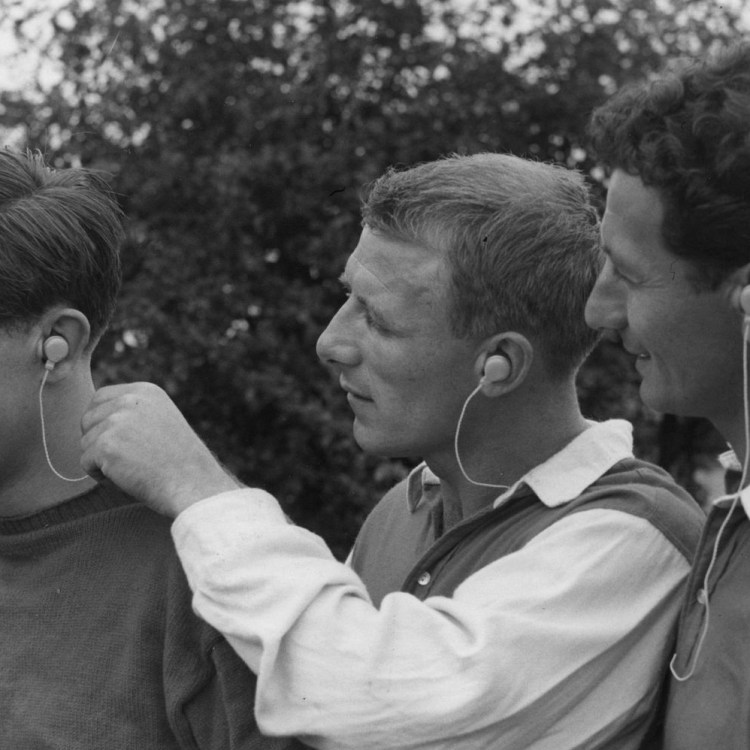Lucid dreaming has a long and ornate pop cultural history, with Christopher Nolan’s film Inception representing something of apex for depictions of it on screen. (There’s also a generation that was scarred by the snakeman in 1984’s Dreamscape, which remains — appropriately enough — the stuff of nightmares.) But lucid dreaming isn’t just about bending cityscapes and Tom Hardy showing up with a wisecrack. Instead, there’s a growing body of evidence that suggests that it can have real benefits in one’s waking life as well.
That’s one of the points made by Linda Geddes in a recent article for The Guardian. “[I]n 10 or 20 years, people could accomplish stuff related to their work or personal lives before waking up,” REMspace CEO Michael Raduga told The Guardian. Raduga’s research has included looking into whether someone experiencing lucid dreaming could control elements of a smart house. There’s also the work that University of Bern PhD candidate Emma Peters explained to The Guardian, which involves using lucid dreaming to improve one’s aptitude at a physical activity like throwing darts.
Lucid dreaming’s benefits could also apply in the creative realm. Another scientist who spoke with The Guardian, the University of Swansea’s Laura Roklicer, has been exploring lucid dreaming’s effect on creativity. Roklicer found that a group of writers who underwent training in how to lucid dream were producing more engaging work after completing that training.
Do Sleep Aids Give You Nightmares?
You’re not the only one experiencing this phenomenonIn a broader sense, understanding lucid dreaming more clearly also connects to a better understanding of how the brain works, full stop. In a 2018 paper from the journal Scientific Reports, the authors found that “frequent lucid dreaming is associated with increased functional connectivity between aPFC and temporoparietal association areas, regions normally deactivated during sleep.” Who knows what discovery could stem from that in the years to come?
The Charge will help you move better, think clearer and stay in the game longer. Subscribe to our wellness newsletter today.



















